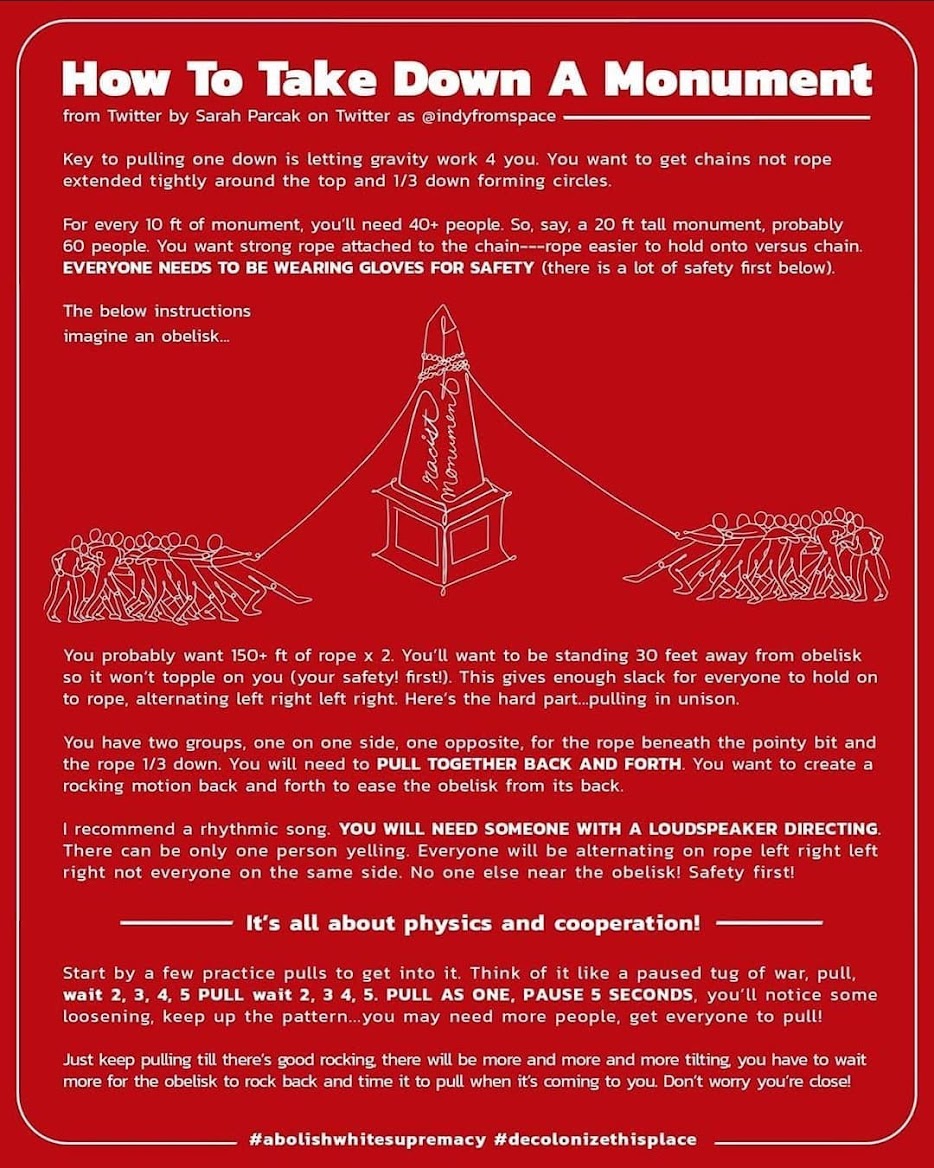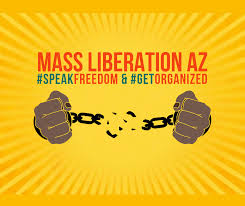Foster Children with Incarcerated Parents a Murky Subject for States, Report Finds
September 28, 2011 by John KellyAt least 30,000 foster youths have a parent behind bars...
States child welfare agencies are resistant to pursuing reunification with parents – 30,000 or more – who are incarcerated while their child is in foster care, according to a report issued by the Government Accountability Office this week. The study was requested by U.S. Reps. Jim McDermott (D-Wash.) and Charles Rangel (D-N.Y.), both members of the House Ways and Means Committee.
At the same time, the main federal instrument for measuring the performance of child welfare agencies – Adoption and Foster Care Analysis and Reporting System (AFCARS), is limited in its ability to depict an accurate number on how many foster children have a parent behind bars.
AFCARS only reveals cases in which a child was removed “at least partly due to the incarceration of a parent”; it does not capture any child removed from a parent well after the other parent was locked up, or cases in which the parent was incarcerated after a child was removed from the home.
Of the 420,971 open foster care cases in 2009, AFCARS figures show 30,038 cases (7 percent) in which the child’s removal was in part or entirely based on the incarceration of a parent.
But estimates from two federal surveys of inmates suggest that the AFCARS figure might capture most of the total. A 2004 survey of federal and state prison inmates found an estimated 19,300 inmates who had at least one child in state care. A 2002 federal survey identified in the GAO report, this one of adults in jail, found 12,000 with children in foster care.
Combined, the jail and prison survey estimates are in line with the 30,038 AFCARS figure from 2009.
The 2004 federal and state prison survey found 13,700 men and 5,600 women who had a child in foster care. Based on a 2007 estimate that there were 809,800 parents in prison, that means 9 percent of female parent inmates had a child in foster care compared with 2 percent of male parent inmates.
The report authors also studied state legislation related to incarceration as a factor in the termination of parental rights. Most states had some legislation that enabled its child welfare agency to use incarceration as a determining factor for termination, and a number of the states allowed the system to forgo reasonable efforts at reunification with a parent who was incarcerated.
Nebraska was the only one of the 10 states studied where “a petition to terminate parental rights shall not be filed on behalf of the state if the sole factual basis is that the parent or parents are incarcerated.”
GAO’s recommendations include the idea that states always include incarceration status in a youth’s AFCARS information, not just when it is a factor in removal, and that the incarceration information get updated periodically throughout a youth’s stay in foster care.
The Administration for Children and Families, part of the U.S. Department of Health and Human Services, recently solicited comments on how to redesign its Child and Family Services Review process, which could include changes to what AFCARS measures and how often it measures those entries.
According to GAO, “Officials [have] not yet determined whether the new proposed rule would include the same requirements on gathering additional information on a caretaker’s incarceration at multiple times throughout the foster care case as had been included in the 2008 proposal. Officials also said that they did not know when a final set of reporting requirements would be issued.”
The total number of children under 18 with a parent in prison rose to 1.7 million by 2007, a 20 percent increase from 1997 and nearly double the number in 1991.
Click here to read “More Information and Collaboration Could Promote Ties Between Foster Care Children and Their Incarcerated Parents.”









No comments:
Post a Comment